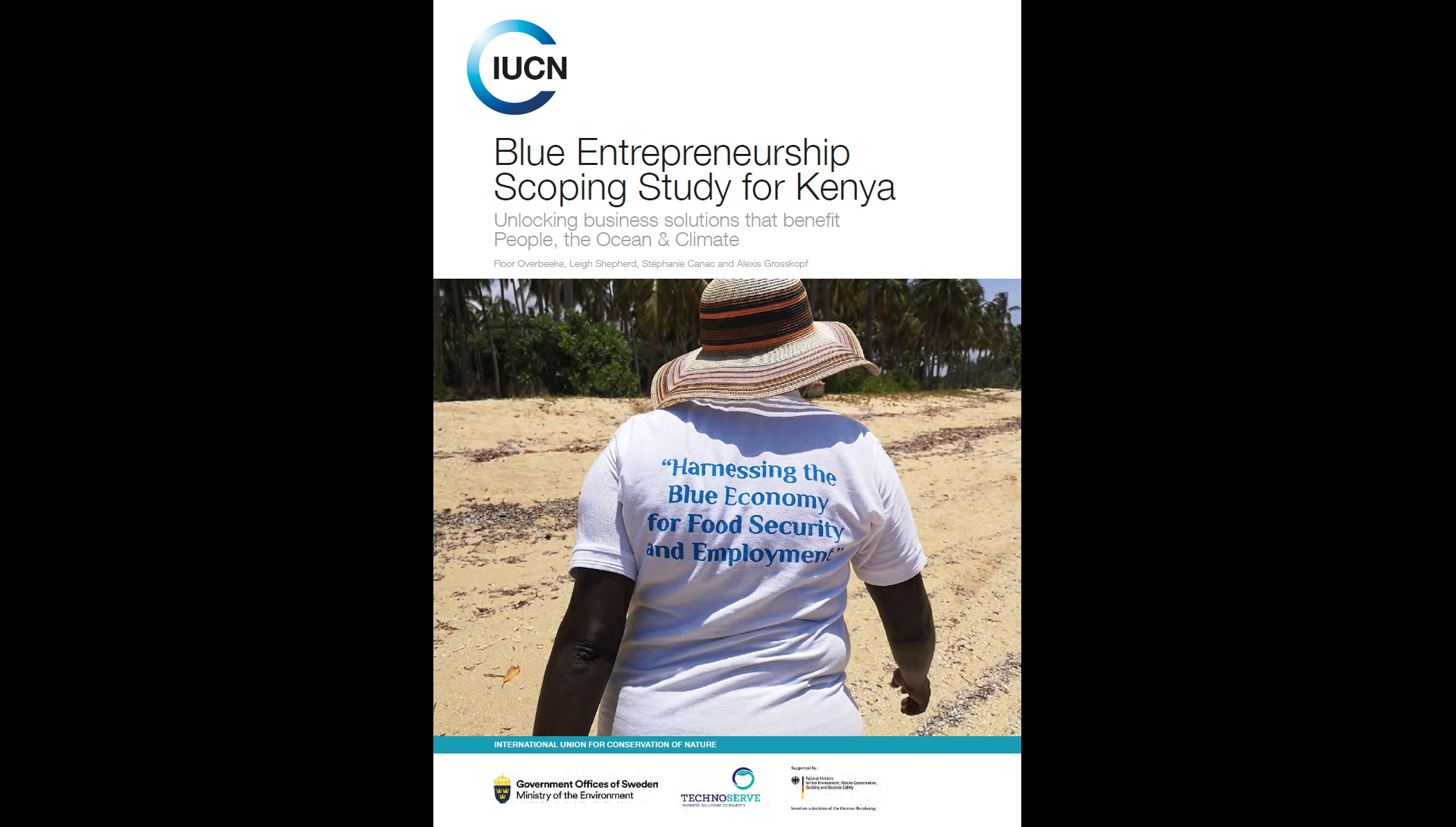ESIL Annual Conference: International Law, Global Public Goods, Global Commons and Fundamental Values
The 13th annual conference of the European Society of International Law (ESIL) gathered in Naples, Italy between 7-9 September 2017. The World Commission on Environmental Law contributed its expertise on oceans, climate change, and human rights.
Some 500 members of the ESIL attended this year’s conference under the theme “Global Public Goods, Global Commons and Fundamental Values: The Responses of International Law”. Hosted by University of Naples Frederico II, sessions convened at the 12th Century historic castle Castel dell'Ovo overlooking the Bay of Naples. Topics of the different panels ranged from the right to water, regulating public goods, peace and security, common heritage, common concern and common areas, post-Paris assessment of the climate change regime, protection of cultural heritage, trade and investment, erga omnes obligations, fundamental values in international law, refugee protection, and cyberspace.
WCEL Members in attendance this year included Nilufer Oral (Member, WCEL Steering Committee), Christina Voigt (Chair, WCEL Climate Change Specialist Group), and Maria Banda who recently represented the Commission at the Inter-American Court of Human Rights. Nilufer Oral spoke on the need to recognize the conservation of the areas beyond national jurisdiction as a common concern of humankind, and the opportunity afforded by the process underway at the United Nations for a new agreement to define the principle of common concern. Christina Voigt, together with Felipe Ferreira of the Brazilian delegation to the UN Framework Convention on Climate Change, made a presentation assessing the Paris Agreement specifically focusing on the importance of the rule of progression for States in preparing their nationally determined contributions to mitigation under the Paris Agreement. Maria Banda’s presentation addressed the need for transboundary climate adaptation and state duties under international law.






